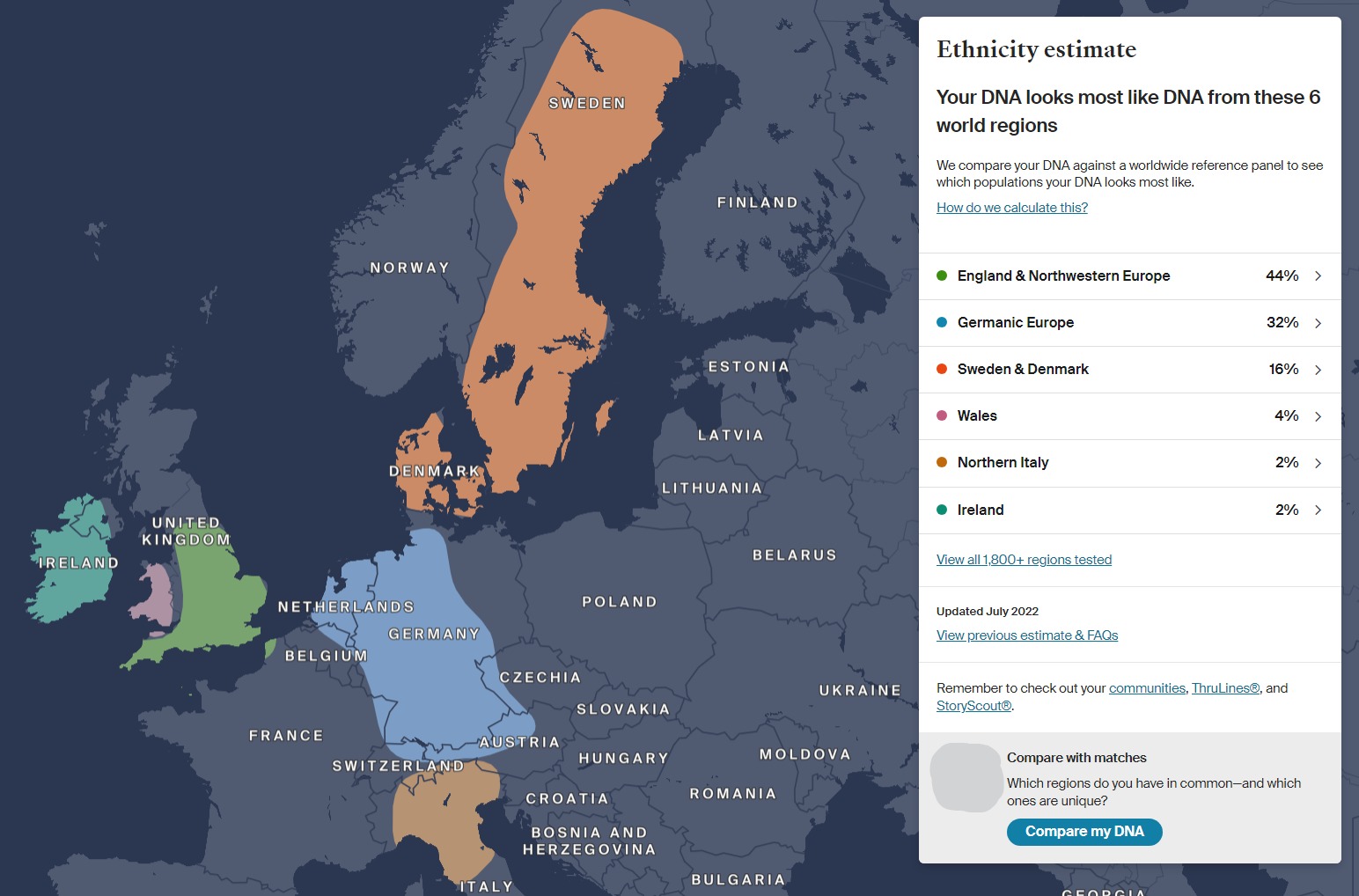In a world that’s constantly changing, where every word is dissected and every phrase analyzed, the debate over the generic masculine stands as a testament to the complexities of language and society. Words are tools, yes, but they are also more than that. They are the framework through which we interpret the world, and yet they are not the world itself. They are symbols, and like all symbols, they are subject to interpretation. Just like my music, which is mostly without lyrics. But despite that, music is a form of communication. It’s language, subject to interpretation.
The generic masculine has come under fire. Critics argue that it’s a relic, a leftover from a time when men were the default, the standard, the norm. They call for new language, inclusive language, language that reflects the diversity of human experience. But here’s the thing: language is a reflection of the mind, and the mind is where discrimination takes root. You can change the words all you want, but if the mind remains unaltered, you’ve achieved nothing. You’ve put a new coat of paint on a crumbling wall.
Before we go any further, let’s make one thing clear: the issue of gender identity is a separate matter altogether. My stance on the generic masculine should not be conflated with my views on gender identity. I am the best man to a queer couple, comprised of a trans woman and a cis woman. I understand that there are individuals who feel they were born into the wrong gender, and I respect their journey. This is not about denying the complexities of gender identity; it’s about the complexities of language and interpretation.
Equality, for me, is not just a matter of words; it’s a matter of action. It’s embedded in my daily behavior, emanating from my core beliefs. When I use the generic masculine, I do so with the full understanding that I am referring to all genders. My use of the term is not a reflection of bias or exclusion, but a linguistic choice rooted in a broader perspective of equality.
This brings me to the topic of gendered language, a subject that has become increasingly contentious. I reject the push for gendered language for two fundamental reasons. First, we already have a well-functioning language. It has evolved over centuries, shaped by countless influences, and it serves its purpose well. To dismantle it in the name of progress is to ignore the richness and complexity that make it what it is. Second, language and culture cannot be forced; they must evolve organically. You can’t dictate how people speak or think; you can only influence it. And influence is a slow, gradual process, one that takes place over generations, not overnight.
Interpretation is a tricky thing. It’s influenced by our experiences, our culture, our personal biases. When you hear the word “man,” you bring to it a lifetime of experiences that color its meaning. It’s never just a word; it’s a word seen through the lens of your life. And that lens is never neutral; it’s always weighted, always influenced by a myriad of factors that you may not even be aware of. You hear “man,” and you think “human,” encompassing both male and female. Someone else hears “man,” and they think “male.” Neither interpretation is right or wrong; they’re just different, shaped by different lives, different experiences.
And that brings us to the crux of the matter: responsibility. I can’t control how you interpret my words. I can’t control the lens through which you see the world. I can only control my own lens, my own interpretation. And for the vast majority of people, “man” means “human,” irrespective of gender. When I use the generic masculine, I do so with the understanding that it includes everyone, not just one sex or gender. I don’t intend to discriminate or to exclude. But I also can’t be responsible for how you interpret my words. That’s your responsibility, shaped by your lens, your life.
So where does that leave us? It leaves us with a choice. We can focus on the words, dissect them, analyze them, change them. Or we can focus on the real issue: the mind. Changing the words without changing the mind achieves nothing. It’s a superficial solution to a deep-rooted problem. But change the mind, and the words will follow naturally. They’ll become what they were always meant to be: tools to communicate, not the final destination.
